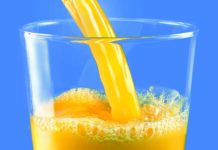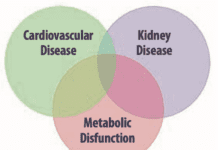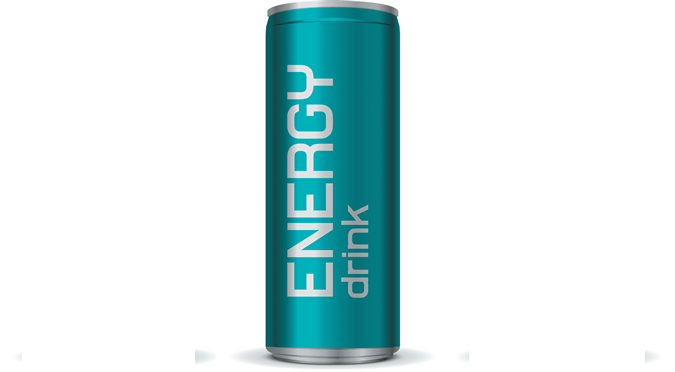The latest market data show a continued rise in demand for energy drinks—beverages that promise things like increased energy, improved mood, and sharper mental acuity. Medical records show adverse events related to these drinks are on the rise as well.
Typical Ingredients: Most energy drinks contain caffeine, and many contain multiple stimulants. The Food and Drug Administration (FDA) doesn’t define the term “energy drink,” which means manufacturers can decide whether to label their products as dietary supplements or beverages. For beverages, manufacturers must abide by the FDA’s safety limits for ingredients like caffeine. Dietary supplements are not regulated, so there are essentially no safety guidelines.
Some common ingredients of energy drinks include:
Caffeine. The main energy-boosting ingredient in many energy drinks is caffeine. A 16-ounce can may contain anywhere from 160 to 240 milligrams. (For comparison, an 8-ounce cup of coffee contains roughly between100 and 200 milligrams). The FDA recommends no more than 400 milligrams of caffeine a day.


Image © Elisanth_ | Getty Images
Guarana. An extra boost of caffeine comes from this ingredient. The berries of this tropical plant contain more caffeine than coffee beans.
Taurine. This amino acid is produced naturally in our bodies. It is also found in foods like meat, fish, and dairy. There is no indication that we need more than our bodies produce.
Glucuronolactone. Despite claims, there is no evidence this molecule commonly found in energy drinks actually boosts energy.
Niacin, folic acid, and vitamin B12. These vitamins are often promoted as energy producers, but unless there’s a deficiency, this isn’t the case. Health concerns have been raised with regard to very high supplemental doses of these vitamins. (See High Doses of Vitamin B6 and B12 Supplements Associated with Increased Risk of Hip Fracture, January 2020 and Folic Acid Overload?, October 2019)
L-Carnitine. Created naturally by the liver and kidneys, L-Carnitine is critical to cellular energy production. The body produces sufficient amounts without supplementation.
Sugar. As simple carbohydrates, sugars are used by the body to produces energy. Too much dietary intake of added sugar has been linked to health problems. One energy drink can have more than 60 grams of added sugar. This is much higher than the American Heart Association’s recommended daily maximum intake of 25 grams of added sugar for women and 37 grams for men.
Health Risks: While limited studies support claims that energy drinks actually boost energy, many studies raise questions as to their safety. Emergency room visits involving consumption of energy drinks has increased significantly over the years. Serious, life-threatening events, hospitalization, and death have been reported. Reported cases include cardiovascular, central nervous, and gastrointestinal symptoms, such as tachycardia, agitation, nausea, dizziness, seizure, coma, and renal failure. A study published in the May 2019 Journal of the American Heart Association showed that caffeinated energy drinks significantly increase heart rate and can raise blood pressure. It’s unclear whether this is due to one ingredient in particular, or a combination of energy drink ingredients.
The bottom line is energy drinks are not a healthy, effective, or safe way to boost energy. Keep your energy up naturally by eating well, staying hydrated, keep physically active and getting plenty of sleep. When you need a pick-me-up, grab a glass of water and a piece of fruit, try a cup of coffee or tea, or take a ten-minute power nap or a brisk walk.
Follow these tips to energize safely:
-Avoid energy drinks. There is little evidence to back energy claims, and thousands of people have had adverse energy drink experiences, from headaches, to hospital visits, to death.
-Be skeptical. Energy drinks are not all regulated by the FDA, leaving labels up to manufacturer discretion.
-Get enough sleep. At least seven hours of quality sleep a night is recommended.
-Hydrate. Fatigue can be caused by dehydration. While there is no universal fluid intake recommendation, aiming for the equivalent of eight 8-ounce glasses of water a day is a quick benchmark.
-Move! A stretch break or a brisk walk can be energizing.
























